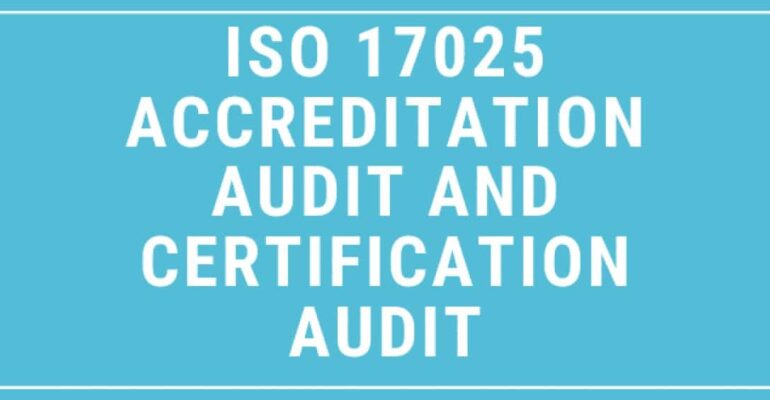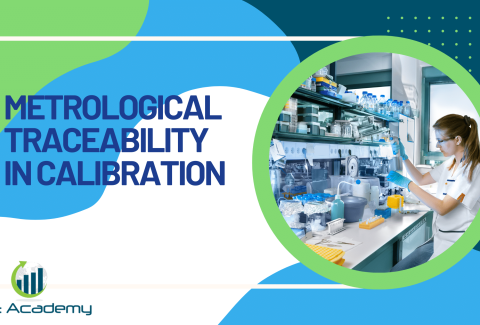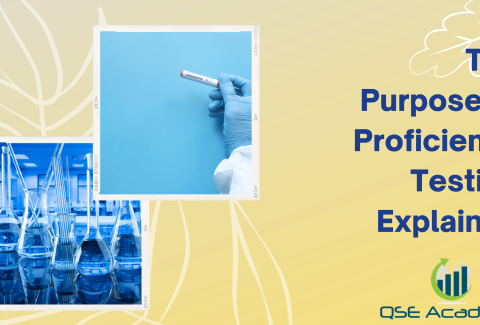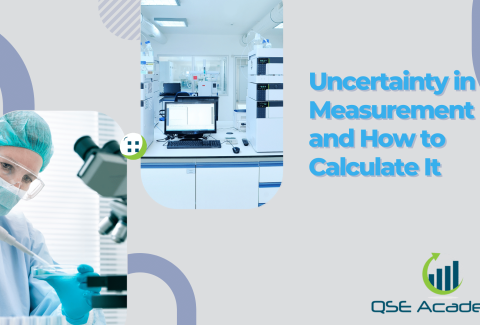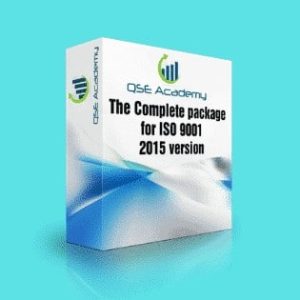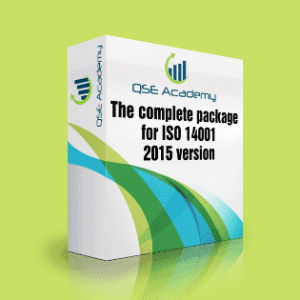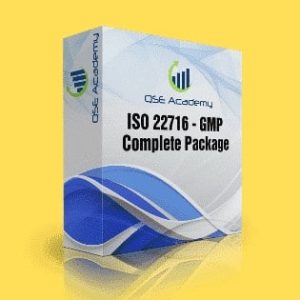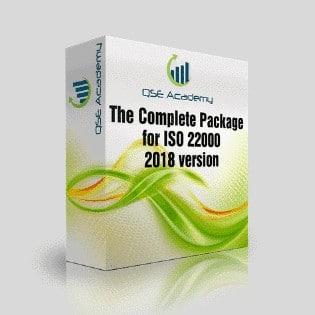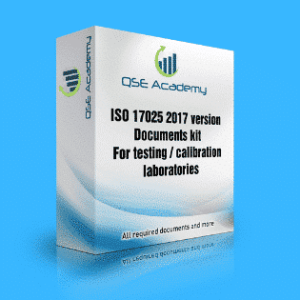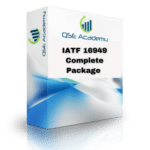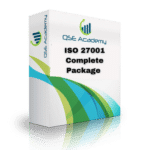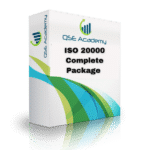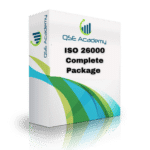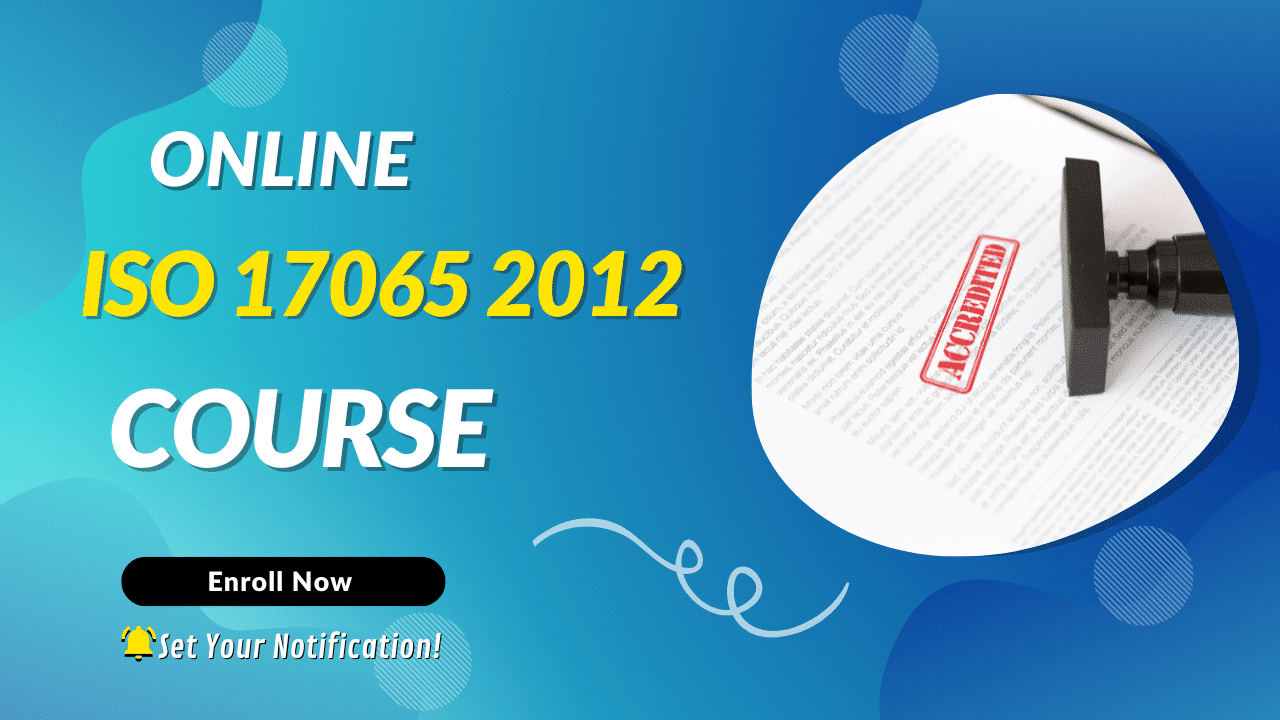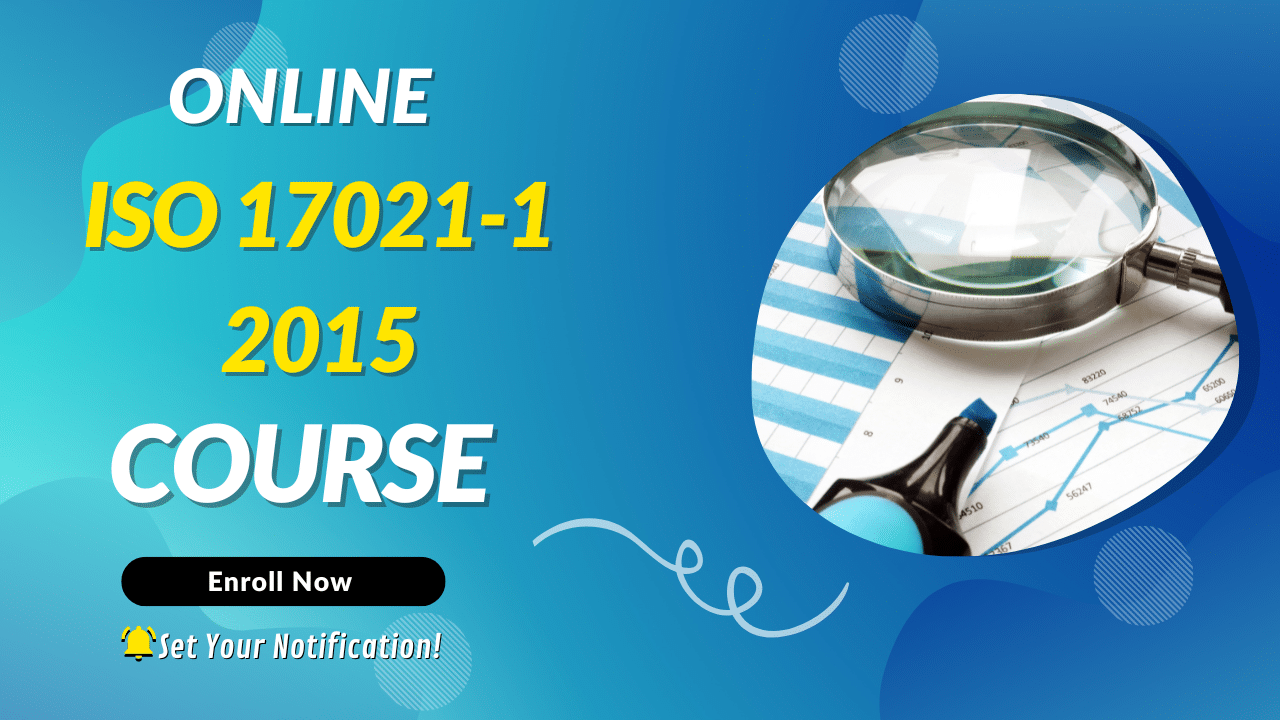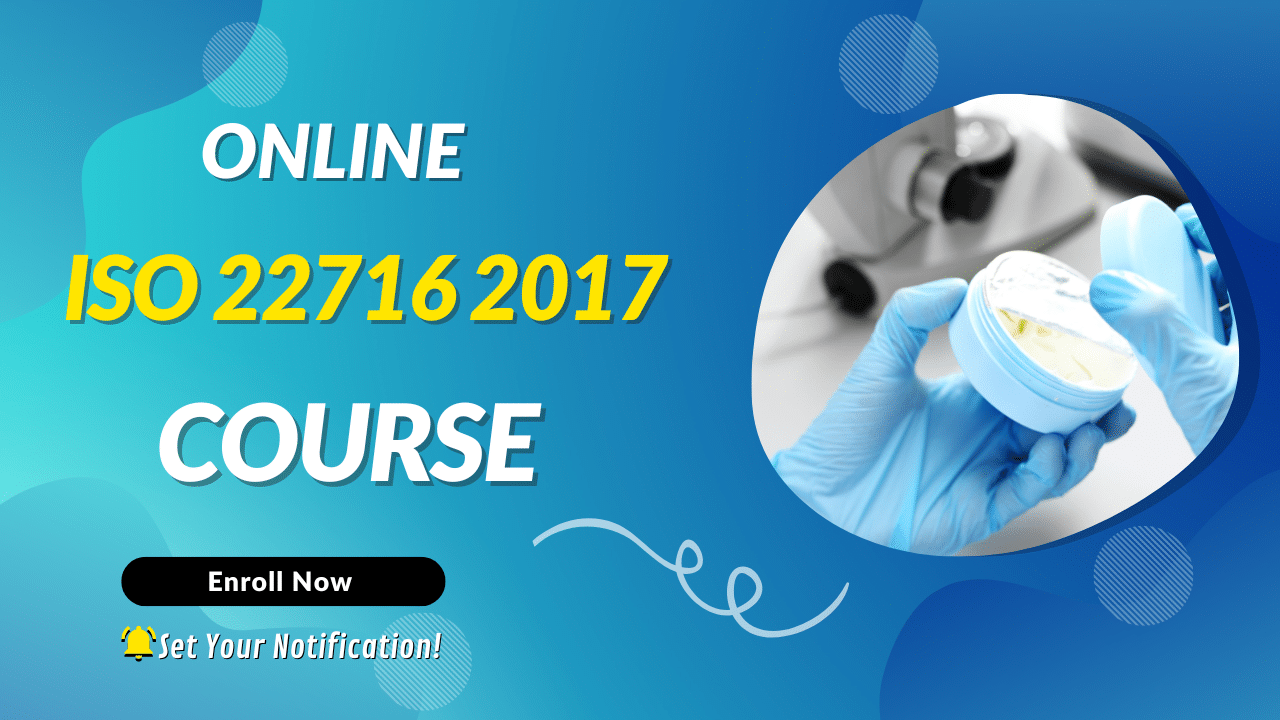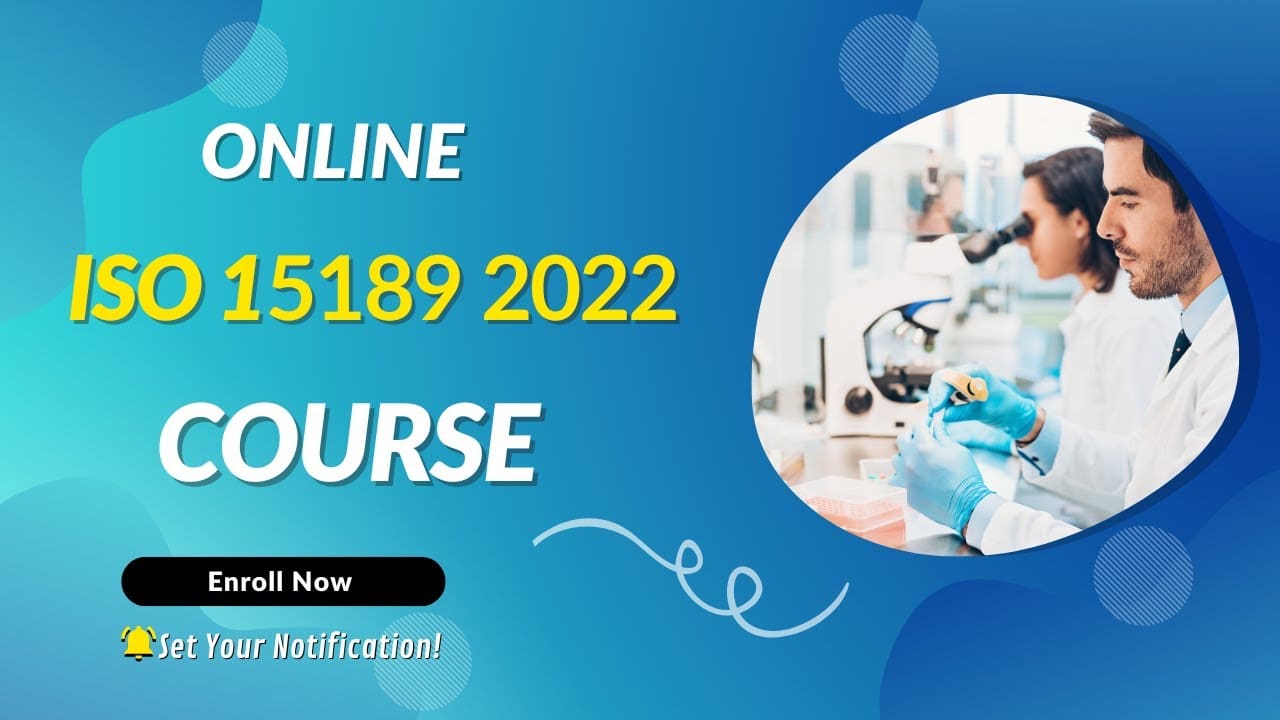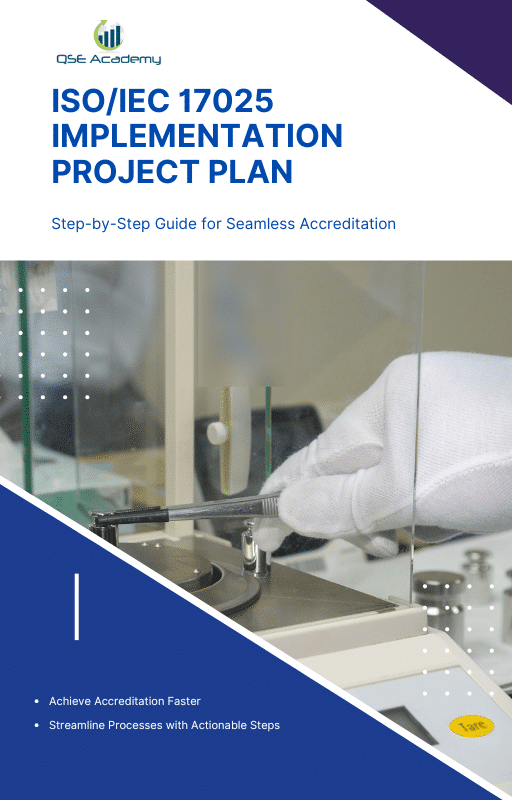ISO/IEC 17025 Accreditation Audit
ISO/IEC 17025 Accreditation Audit
Getting ready for an ISO/IEC 17025 Final Audit can feel like the final lap of a long and detailed race. You’ve spent months developing procedures, fine-tuning your processes, training staff, and running internal audits. Now, the accreditation body is coming in for the last big check—the one that will determine whether your lab meets the international standard for testing and calibration.
The ISO/IEC 17025 Final Audit is the last step before your lab earns its accreditation status. It’s not just another inspection—it’s a comprehensive review to make sure your lab’s management system, technical methods, and personnel all line up with the standard’s requirements. It confirms that everything you’ve documented is actually happening in practice.
This final stage often includes:
-
A review of your lab’s technical activities, equipment, and environment
-
Observation of test methods and staff in action
-
Checks on traceability, method validation, and documentation
-
Discussions with your team to confirm competence and impartiality
If you’re approaching this milestone, understanding how the ISO/IEC 17025 Final Audit works is essential. In this article, we’ll walk through where the audit fits into the overall accreditation process, what auditors look for, how to prepare effectively, and what to expect once it’s all done. Whether this is your first time or a renewal audit, we’ll break it down in plain language—just like a good conversation over coffee. Let’s get started
Where the Final Audit Fits in the Accreditation Process
Before we dive into the details of what actually happens during the ISO/IEC 17025 Final Audit, it helps to understand exactly where it falls in the overall accreditation journey. Think of the final audit as the last major milestone before your lab earns its official accreditation. It’s the point where everything you’ve built—your systems, procedures, and technical work—gets put to the test.
Now, here’s the thing: the ISO/IEC 17025 Final Audit isn’t a surprise event. It happens after you’ve already gone through several important steps:
-
You’ve completed your internal audits
-
You’ve held a management review
-
You’ve addressed any major gaps or nonconformities
-
You may have gone through a pre-assessment (optional but often recommended)
The pre-assessment is like a practice run. It gives you a chance to fix any obvious issues before the official visit. But the ISO/IEC 17025 Final Audit is the real deal. During this stage, the accreditation body evaluates everything against the full set of ISO/IEC 17025 requirements, and there’s no more room for trial runs.
Unlike earlier stages, the final audit is formal and structured. The auditors will want to see how well your lab actually applies its documented processes. They’ll observe your team, ask questions, and review evidence on-site. It’s all about verifying that your lab isn’t just saying the right things on paper—but doing them consistently in practice.
One of the key things to remember about the ISO/IEC 17025 Final Audit is that it’s not just a checklist. It’s a live, dynamic evaluation. Auditors want to understand how your lab works in real-time, how your staff respond to challenges, and whether your system can truly support reliable, traceable, and impartial results.
So, as you move toward this final step, know that it’s not just a formality—it’s the defining moment where your lab gets a chance to prove that it’s ready for accreditation. And with the right preparation, it can be a smooth and even rewarding experience.
Key Focus Areas During the ISO/IEC 17025 Final Audit
Now that you know where it fits in the process, let’s talk about what actually happens during the ISO/IEC 17025 Final Audit. Auditors don’t just stroll in and flip through your paperwork—they’re trained to dig into the areas that matter most. They want to confirm that your lab is doing real, reliable work that matches the standard.
During the ISO/IEC 17025 Final Audit, there are a few areas that always get attention. Knowing what they are can help you prepare without guessing.
Competence of Personnel and Technical Work
Auditors will want to make sure that the people performing the tests or calibrations are qualified to do so. That doesn’t just mean having a certificate on file—it means:
-
Staff understand the methods they use
-
Training records are current and relevant
-
Practical competence has been evaluated, not just assumed
The ISO/IEC 17025 Final Audit puts a big spotlight on your technical team. Auditors may observe them in action, ask questions, or review records to confirm their qualifications.
Control of Equipment and Environmental Conditions
Next, auditors will look at your lab’s equipment. They want to see:
-
Calibration records that are valid and traceable
-
Maintenance schedules that are followed
-
Environmental controls (like temperature or humidity) monitored and documented
If your lab depends on specific environmental conditions to get accurate results, those conditions need to be under control—and proven with data. The ISO/IEC 17025 Final Audit checks that your instruments and environment are helping you produce valid results, not interfering with them.
Management System Implementation
Auditors also want to know that your lab’s management system is not just sitting in a manual—it’s alive and functioning. That means:
-
Internal audits were done and documented
-
Management reviews happened as planned
-
Corrective actions were taken seriously and resolved
This is often where labs trip up. The ISO/IEC 17025 Final Audit doesn’t just ask, “Do you have a system?” It asks, “Is it working—and can you show us how?”
Each of these areas is about more than compliance. They’re about trust. The ISO/IEC 17025 Final Audit helps ensure your lab can consistently deliver reliable results—and that’s what accreditation is really about. By focusing on these core areas, you can walk into audit day with confidence, knowing what’s coming and how to handle it.
Typical Nonconformities Found in the ISO/IEC 17025 Final Audit
Let’s be real—no one wants to hear the word “nonconformity” during an ISO/IEC 17025 Final Audit, but it happens, and that’s okay. Auditors aren’t there to fail you; they’re there to make sure everything lines up with the standard. If something’s off, they’ll flag it so you can fix it. That’s part of the process.
The good news? Most nonconformities are avoidable if you know what to watch out for. During the ISO/IEC 17025 Final Audit, auditors tend to notice the same types of issues again and again.
Here are a few of the most common ones:
Documentation Gaps and Uncontrolled Records
One of the easiest places to slip up is with documentation. During the ISO/IEC 17025 Final Audit, auditors will look closely at how your documents are created, approved, updated, and stored. Some common issues they catch include:
-
Procedures that are outdated or inconsistent
-
Missing approvals or revision history
-
Uncontrolled documents floating around the lab (think: printed procedures that don’t match the latest version)
To avoid this, make sure all your documents are reviewed regularly and clearly controlled. Auditors want to see that you’re working from the right version, every time.
Incomplete or Unverified Method Validation
Another area that often triggers findings in the ISO/IEC 17025 Final Audit is method validation. Labs sometimes assume that just because a method is widely used, it doesn’t need to be validated. But the standard expects every method—whether standard or in-house—to be verified or validated for your specific lab.
Auditors will look for:
-
Clear validation plans
-
Data that supports the method’s suitability
-
Evidence of uncertainty measurements, where required
Even if your team is confident in the method, the ISO/IEC 17025 Final Audit requires objective evidence that it’s fit for purpose.
Issues with Traceability and Calibration
Traceability is another area where things can get tricky. During the ISO/IEC 17025 Final Audit, auditors want to see that your calibration standards are traceable to national or international references. If your lab doesn’t have proper calibration certificates or if there’s a gap in the traceability chain, it’s likely to be flagged.
Common problems include:
-
Missing or expired calibration certificates
-
Lack of evidence for subcontracted calibration services
-
Equipment used outside its calibration interval
In short, traceability is a big deal. And it’s one of those areas where even small oversights can lead to big findings during the ISO/IEC 17025 Final Audit.
By knowing what auditors are likely to look for—and where labs commonly slip—you’ll be in a much better position to catch issues before audit day. Remember, nonconformities aren’t the end of the world. The goal is to identify and correct them so your lab can run more smoothly and consistently. That’s what the ISO/IEC 17025 Final Audit is really about.
How to Prepare Effectively for the ISO/IEC 17025 Final Audit
Getting ready for the ISO/IEC 17025 Final Audit might seem overwhelming, but with the right approach, it can actually feel manageable—even empowering. This isn’t about scrambling at the last minute or guessing what auditors want to see. It’s about building a solid system that works day-to-day and being able to demonstrate that clearly when the time comes.
Here are some smart, simple ways to prepare effectively:
Conduct a Mock Audit
One of the best ways to prepare for the ISO/IEC 17025 Final Audit is to simulate it ahead of time. A mock audit—done either internally or by a consultant—helps identify any gaps before the real auditors walk through the door.
During your mock audit, aim to:
-
Review the standard clause by clause
-
Interview staff, just like an auditor would
-
Walk through the lab and check real-time compliance
-
Look at documentation and objective evidence
This gives your team a chance to practice and uncover issues in a low-pressure setting.
Use Internal Audits Strategically
Internal audits shouldn’t just be a box you check off. They’re powerful tools to help you get ready for the ISO/IEC 17025 Final Audit. Look closely at your internal audit findings and ask:
-
Were any nonconformities found, and were they fully resolved?
-
Do the audit records show follow-through and effectiveness checks?
-
Did the audits actually test how things work in practice—or just on paper?
When internal audits are done right, they become your first line of defense against surprises during the final audit.
Organize Your Objective Evidence
Auditors love objective evidence—it’s how they confirm you’re doing what your procedures say. So before your ISO/IEC 17025 Final Audit, take time to make sure your records are clear, complete, and easy to access.
That means things like:
-
Training records that match staff roles
-
Calibration certificates with valid traceability
-
Test reports, validation data, and monitoring logs ready to go
The smoother your documentation process, the smoother the audit. If your team can quickly find what the auditor asks for, it shows confidence and real control over the system.
Review Nonconformities and Corrective Actions
If you’ve had findings from previous audits, a pre-assessment, or your own internal audits, double-check that those issues have been properly addressed. The ISO/IEC 17025 Final Audit will revisit these areas to see if you’ve truly resolved them.
Don’t just mark them “closed.” Be ready to show:
-
What caused the issue
-
What action was taken
-
How you made sure the fix worked
Preparation for the ISO/IEC 17025 Final Audit is really about creating clarity—clarity in your systems, your records, and your team’s understanding. When everything is running smoothly, and your lab can show that with confidence, the audit becomes far less stressful.
And remember, the goal isn’t perfection—it’s reliability. Auditors know every lab has areas to improve. What matters is your ability to manage your system honestly, consistently, and with clear evidence to back it up.
What to Expect During the Audit Day(s)
So, the big day has finally arrived. The ISO/IEC 17025 Final Audit is here, and you might be wondering what it’s actually going to look like. Will it be a tense interrogation? Will the auditors be hunting for mistakes? The truth is, the process is usually more structured and professional than scary—especially if you’re prepared.
Understanding what to expect during the ISO/IEC 17025 Final Audit can take a lot of pressure off. Let’s walk through what typically happens during audit day(s).
Opening Meeting and Agenda Overview
The audit usually kicks off with an opening meeting. The lead auditor will introduce the team (if there’s more than one person), review the schedule, and go over the objectives. They’ll explain how the audit will proceed and confirm what areas of the lab will be assessed.
This is your chance to ask questions, clarify timing, and make sure your team knows what to expect. It sets the tone for a smooth experience.
On-Site Observations and Staff Interviews
The bulk of the ISO/IEC 17025 Final Audit involves observing your lab in action. The auditor may walk through testing areas, check equipment calibration stickers, and ask staff to explain their processes. Don’t worry—they’re not trying to trip anyone up. They just want to confirm that people know what they’re doing and are following documented procedures.
Expect questions like:
-
How do you ensure traceability of measurements?
-
Can you walk me through this test method?
-
Where are the records stored for this activity?
It’s all about verifying that your management system is working in real life—not just on paper.
Document Review and Evidence Sampling
Alongside the hands-on part, the auditor will request records and documents to support what they’ve seen. During the ISO/IEC 17025 Final Audit, this might include:
-
Training records
-
Method validation files
-
Calibration certificates
-
Internal audit and management review reports
Auditors usually don’t look at everything. They’ll sample records across different functions to get a fair view of how your lab operates.
Audit Duration and Scope
Depending on the size and complexity of your lab, the ISO/IEC 17025 Final Audit could last anywhere from one to several days. It might cover all areas or focus on a defined scope of services—especially if your lab only performs certain types of tests or calibrations.
The key here is consistency. The auditor wants to see that your lab applies ISO/IEC 17025 requirements across the board, no matter which part of the lab they’re looking at.
If you’ve done your prep, there’s really no need to panic. The ISO/IEC 17025 Final Audit isn’t about catching you off guard—it’s about proving that your system works, your team knows their roles, and your lab can deliver trustworthy results. It’s more like a guided inspection with a quality lens than a high-stress interrogation.
And at the end of the day, it’s also a learning opportunity. Many labs find the audit process brings fresh insight and practical suggestions for improvement. So walk in with confidence—you’ve got this.
Closing Meeting and Post-Audit Activities
Once the walkthroughs, interviews, and document reviews are complete, it’s time for the closing meeting. This marks the official wrap-up of the ISO/IEC 17025 Final Audit—but there are still a few important steps left before you can breathe that final sigh of relief.
Let’s talk about what happens after the audit and how you should handle the final steps with confidence.
Understanding the Audit Findings
During the closing meeting, the auditors will present their findings. This could include:
-
Confirmed areas of compliance
-
Observations or suggestions for improvement
-
Nonconformities (if any), along with their classification (minor or major)
Don’t panic if they mention a nonconformity or two. It’s actually quite common. The important thing is to understand why the issue was raised and what the expectation is for correction. Take notes, ask questions, and make sure you’re clear on what’s required.
The goal of the ISO/IEC 17025 Final Audit is not perfection—it’s conformity. If you can demonstrate that you understand and manage your processes effectively, you’re on the right path.
Submitting Corrective Actions
If any nonconformities were identified, you’ll usually be given a defined timeframe—often thirty to sixty days—to submit corrective actions. This involves two things:
-
Describing what you did to fix the issue (correction)
-
Explaining what you’ll do to prevent it from happening again (corrective action)
You’ll also need to provide supporting evidence, such as updated procedures, completed training records, or revised checklists. The accrediting body will review your submission to ensure it meets the standard’s requirements.
This step is just as important as the audit itself. The ISO/IEC 17025 Final Audit isn’t truly complete until your corrective actions are accepted and closed.
Final Decision and Accreditation Status
Once all findings are addressed and the documentation is approved, the accreditation body will issue their final decision. If everything checks out, congratulations—you’ll receive your ISO/IEC 17025 accreditation certificate!
Keep in mind that your accreditation might be limited to specific activities or scopes, depending on what was assessed during the ISO/IEC 17025 Final Audit. You’ll want to review the final accreditation scope carefully to ensure it matches your expectations.
And from here, you enter the maintenance phase—continuing to follow your system, perform internal audits, and get ready for surveillance or re-accreditation audits down the road.
The ISO/IEC 17025 Final Audit might feel like the finish line, but in reality, it’s just the start of your lab’s accredited journey. It’s your chance to prove that your team, your systems, and your results are ready to stand up to international expectations—and that’s something to be proud of.

